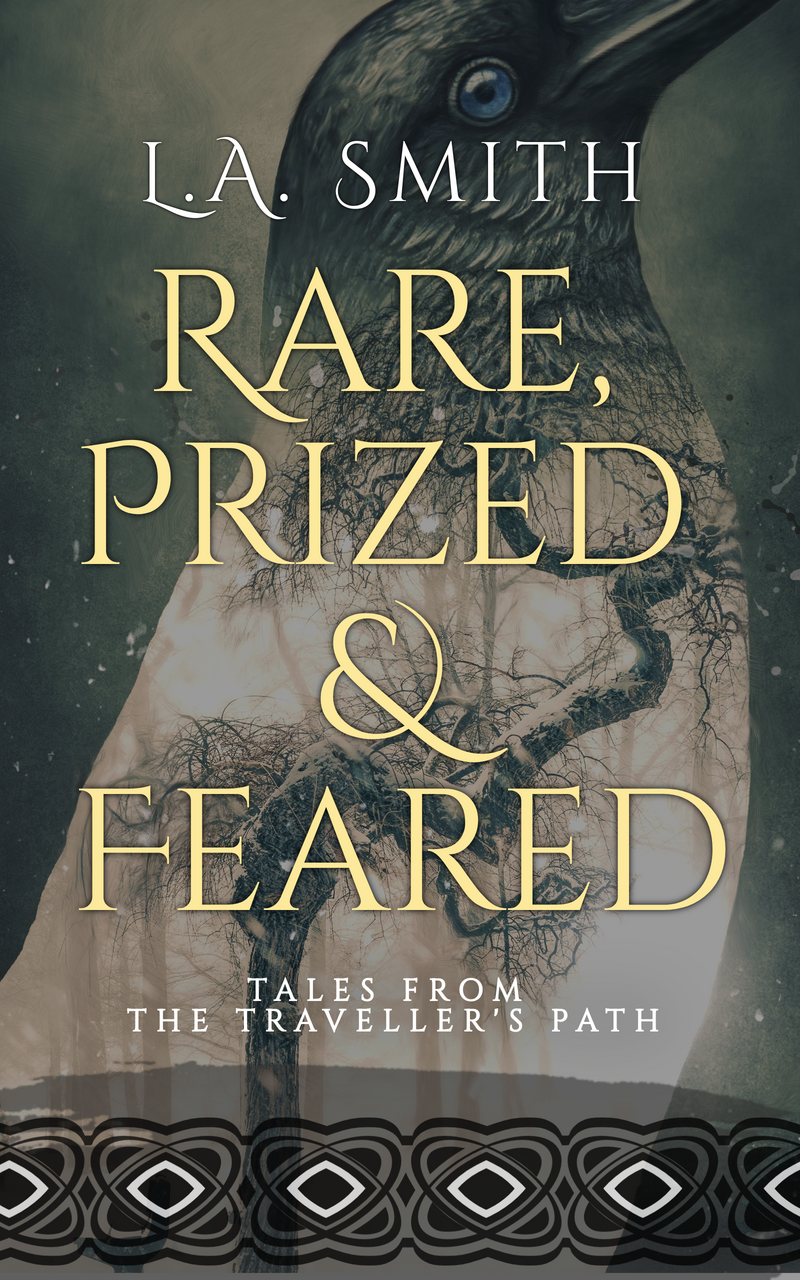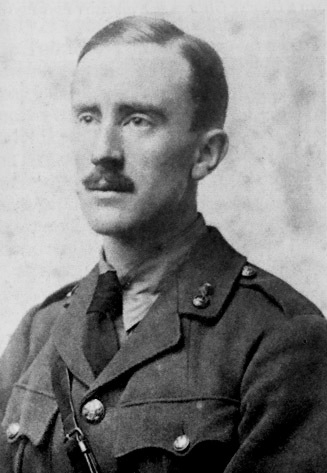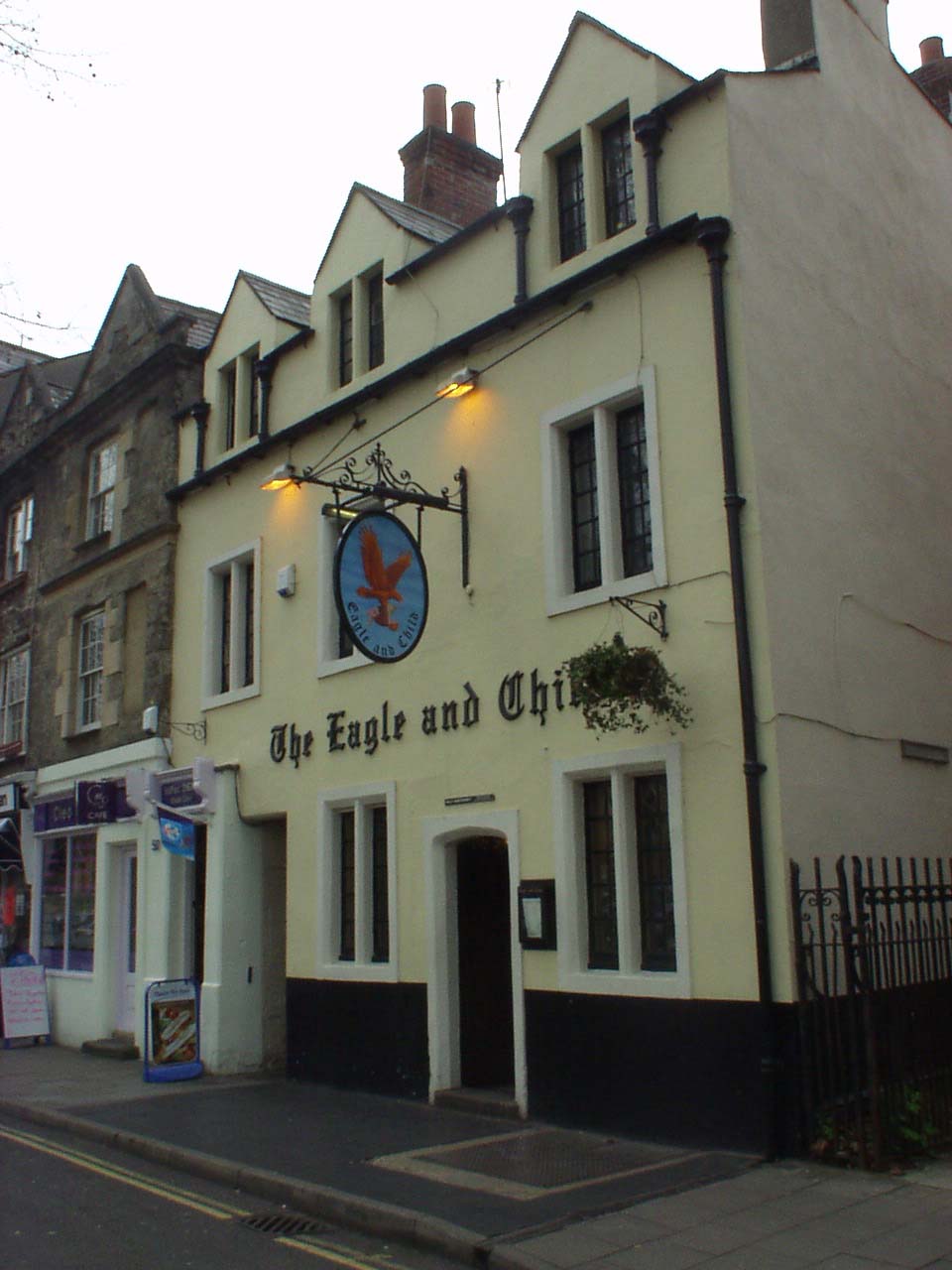
Newsletter
Yes! Send me my FREE short story collection and sign me up for those exclusive subscriber goodies!
We value your privacy, and will never spam you! View our privacy policy at lasmithwriter.com/privacy

Yes! Send me my FREE short story collection and sign me up for those exclusive subscriber goodies!
We value your privacy, and will never spam you! View our privacy policy at lasmithwriter.com/privacy
So it’s come to this, the end of my Year of Important Books! Although I had a few times this year where I wasn’t exactly sure what book to read in a given month, my last book of the year I had decided right from the beginning. I wanted to end with The Lord of the Rings.
As I started it this month I realized that I would not be able to read all three books in December – there was just too much going on. So I ended up just reading the first of the trilogy.
It might seem strange to you that in this series of re-reading important books of my childhood that I chose this book and not The Hobbit. There is a simple reason for this, and that being that I actually discovered and read LOTR first, and once I read it I went looking for other books by Tolkien and found The Hobbit.
John Ronald Rauel Tolkien was born in Bloemfontein, South Africa in 1892, where his father, Arthur, a bank manager in England, had been promoted to the head of the bank in Bloemfontein. He lived in South Africa with his family, which included his younger brother Hilary and his mother Mabel, until he was three, when he and his mother and brother went to England for an extended family visit. While they were there, his father died of rheumatic fever in South Africa and they stayed in England.
At an early age Ronald, as he was known in the family, was interested in languages, reading and writing. He was a keen pupil, from all accounts. His mother converted to Catholicism when Ronald was 8, and he remained a devoted Catholic for all of his life. When Ronald was 12 his mother died at the age of 34 from the complications of diabetes. She had arranged previously that her sons would go live with her close friend Fr. Francis Xavier Morgan, as their guardian, and Tolkien remained grateful to Fr. Francis’ influence on his life ever after, seeing him as the father figure he had missed.
Tolkien married his childhood sweetheart, Edith Bratt, in 1913, and in 1914 when war broke out he did not immediately enlist, to the vast disapproval of his relatives, but instead delayed enlistment as long as he could until 1915 by entering an agreement which allowed him to complete his degree first.
Tolkien did not have a particularly robust constitution, it seems, for he was sickly on and off during his war service and was eventually declared unfit for regular duties and was given garrison duties for the latter part of the war. This likely saved his life, for as he said, “By 1918, all but one of my close friends were dead.”

J.R.R. Tolkien in 1916, in the midst of his war duties, when he was 24. His eyes look a bit haunted, don’t they? Photo from Wikicommons.
After the war Tolkien continue his work in languages, notably Anglo-Saxon, and eventually ended up in Oxford in 1925 as a professor of Anglo-Saxon. It was during this time at Pembroke College in Oxford that he wrote The Hobbit and the first two books of The Lord of the Rings, but it wasn’t until 1948 that it was complete, nearly a decade after he began it. LOTR was published in 1954, and it has since become of the most influential books of the 20th century.
Fantasy books are standard fare for children’s stories, but LOTR brought fantasy popularity as a genre for adult books as well. Not that there weren’t adult fantasy books before its publication, but the success of LOTR certainly legitimized the genre and inspired many, many writers to try their hand at it.
I can remember reading LOTR for the first time and falling under its spell from the very beginning. Here was a book that included the fantastical elements I had loved so much in my books as a child, but they were brought in to a complex, grown-up story. And thus began my life-long love of the fantasy genre and inspired my own desire to write my own. LOTR became one of those books that I re-read every couple of years, although I admit that it has been far too long since the last time I picked it up. It was so nice to revisit it again this month.
One thing that struck me anew as I re-read Fellowship was Tolkien’s masterful world-building. There are reams of words written about how he built his Middle -Earth and the extensive time he spent on its history, languages, and culture. I won’t go into all that here, but suffice to say, it works. You know there is a lot going on behind the scenes in this world, and that we are just seeing a small slice that begins in the hobbits’ sheltered Shire and gradually expands as we journey along with Frodo on his quest, and it is a great deal of fun to discover this world along with him.
Tolkien paints a rich an full picture of Middle -Earth, using some lovely lyrical language. For example, as Frodo, Sam, Merry and Pippin leave the Old Forest after their sojourn there with Tom Bombadil, they pause for a moment to to get their bearings:
“Eastward the Barrow-downs rose, ridge behind ridge into the morning and vanished out of eyesight into a guess: it was no more than a guess of blue and a remote white glimmer blending with the hem of the sky, but it spoke to them, out of memory and old tales, of the high and distant mountains.”
That sentence, all on its own, makes me want to be a better writer.
The story that Tolkien gives us is an adventure tale, with a small and ordinary hobbit from the back waters of the Shire suddenly presented with an onerous task and even worse, the ultimate responsibility to carry it out: to destroy the One Ring in the fires of Mount Doom, deep in the heart of Mordor.
One of the beautiful pictures Tolkien paints in this book is the importance of friendship to help us carry our burdens, big and small. Frodo is not alone in his quest. Fellow hobbits Sam, Merry and Pippin accompany him from the Shire; Gandalf gives him instruction and help along the way; the mysterious Ranger, Strider, joins their company at the opportune time; and of course once they get to Rivendell the elf lord, Elrond, gives Frodo eight companions to share the journey with him.
Tolkien, himself, had a band of companions which greatly helped him not only in the writing of The Lord of the Rings, but who journeyed through life with him as well. The “Inklings”were a band of like-minded friends and writers at Oxford who met regularly to discuss their works-in-progress and to share a pint and great conversation at the Eagle an Child pub in Oxford. C.S. Lewis, a fellow Oxford don, was a member of this group (he famously nicknamed the pub “The Bird and Baby”), as was Charles Williams. The value of this group to both C.S. Lewis and to Tolkien’s writings cannot be underestimated, and its influence upon Tolkien’s view on the importance of having a group of friends behind you in any great venture can only be guessed at.

The Eagle and Child in Oxford. Wouldn’t you love to have had a chance to overhear some of the conversations that took place here?
Another theme that runs throughout Fellowship is the idea that small people can do great things too, and in fact may, in the end, be better suited for those great things. Elrond sums this up during the Council when they are deciding what should be done with the One Ring:
“The road must be trod, but it will be very hard. And neither strength nor wisdom will carry us far upon it. This quest may be attempted by the weak with as much hope as the strong. Yet such is oft the course of deeds that move the wheels of the world: small hands do them because they must, while the eyes of the great are elsewhere.”
From all accounts Tolkien came out from his war experiences with a profound appreciation for the men under his command: the ordinary, enlisted men from the agricultural counties of England. It is possibly this real-life experience that brought him the understanding that it is not always “great” men who do the great deeds. But however he came to see this, it is this portrayal of unsung hereoes like Frodo and especially Sam, that gives The Fellowship of the Rings, and indeed the whole LOTR saga, its heart.
I wish I had the time to read the other two books of the trilogy this month, but I was very glad to at least get the chance to read the first one. It was a fitting end to my Year of Important Books, for it provided me a bridge from my well-loved childhood classics to the more mature books of adulthood. This book cemented in me my life-long love of fantasy, and showed me that these tales of heroes, dragons,wizards and elves need not stay as nursery stories, but could be told to adults as well.
Speculative fiction author Ursula K. Le Guin summarized Tolkien’s views on fantasy stories this way:
“Fantasy is escapist, and that is its glory. If a soldier is imprisioned by the enemy, don’t we consider it his duty to escape?. . .If we value the freedom of mind and soul, if we’re partisans of liberty, then it’s our plain duty to escape, and to take as many people with us as we can!”
I’m sure I speak for many of you when I give my hearty thanks to J. R. R Tolkien, for taking us all with him in his escape to Middle-Earth.